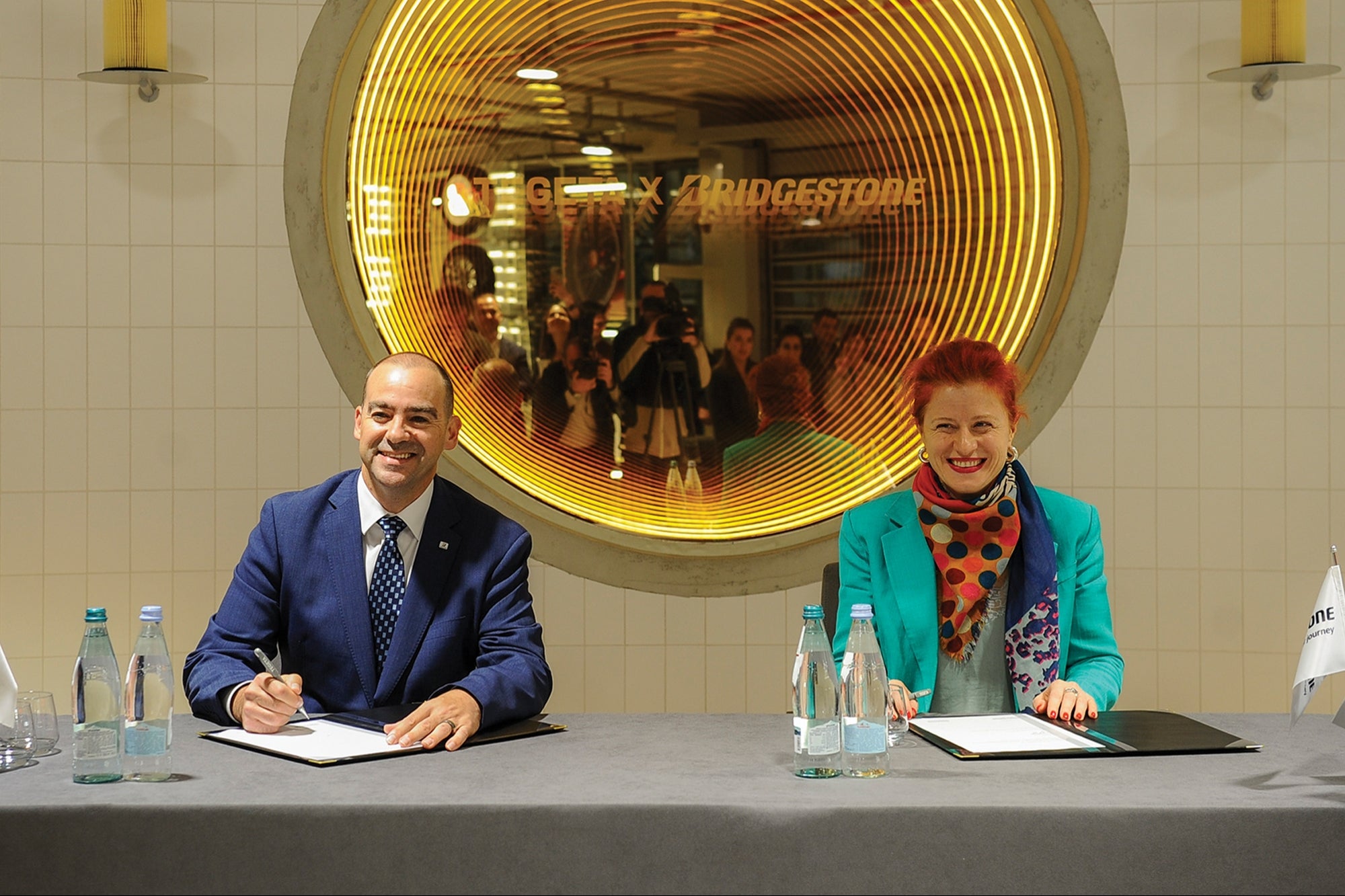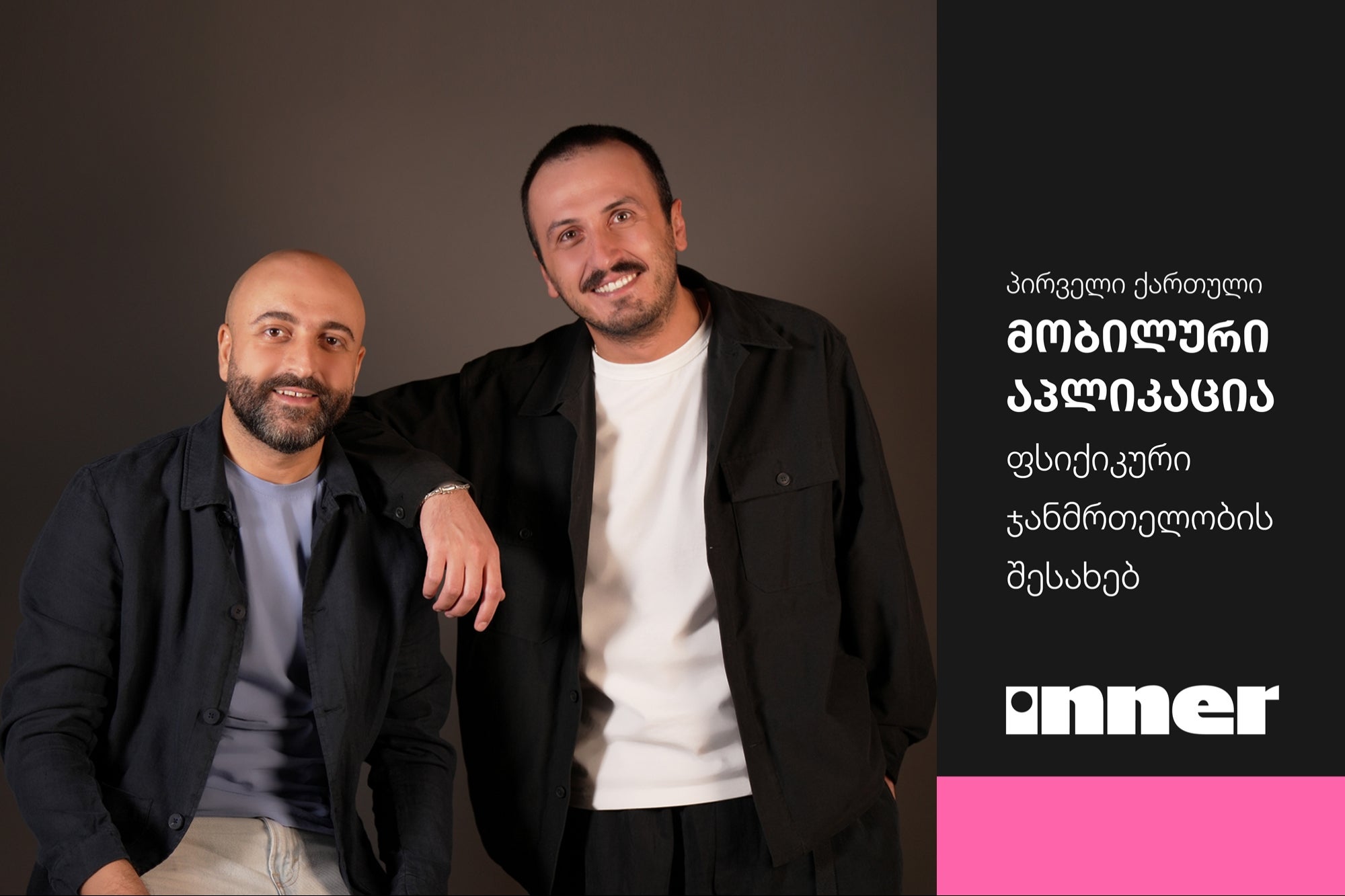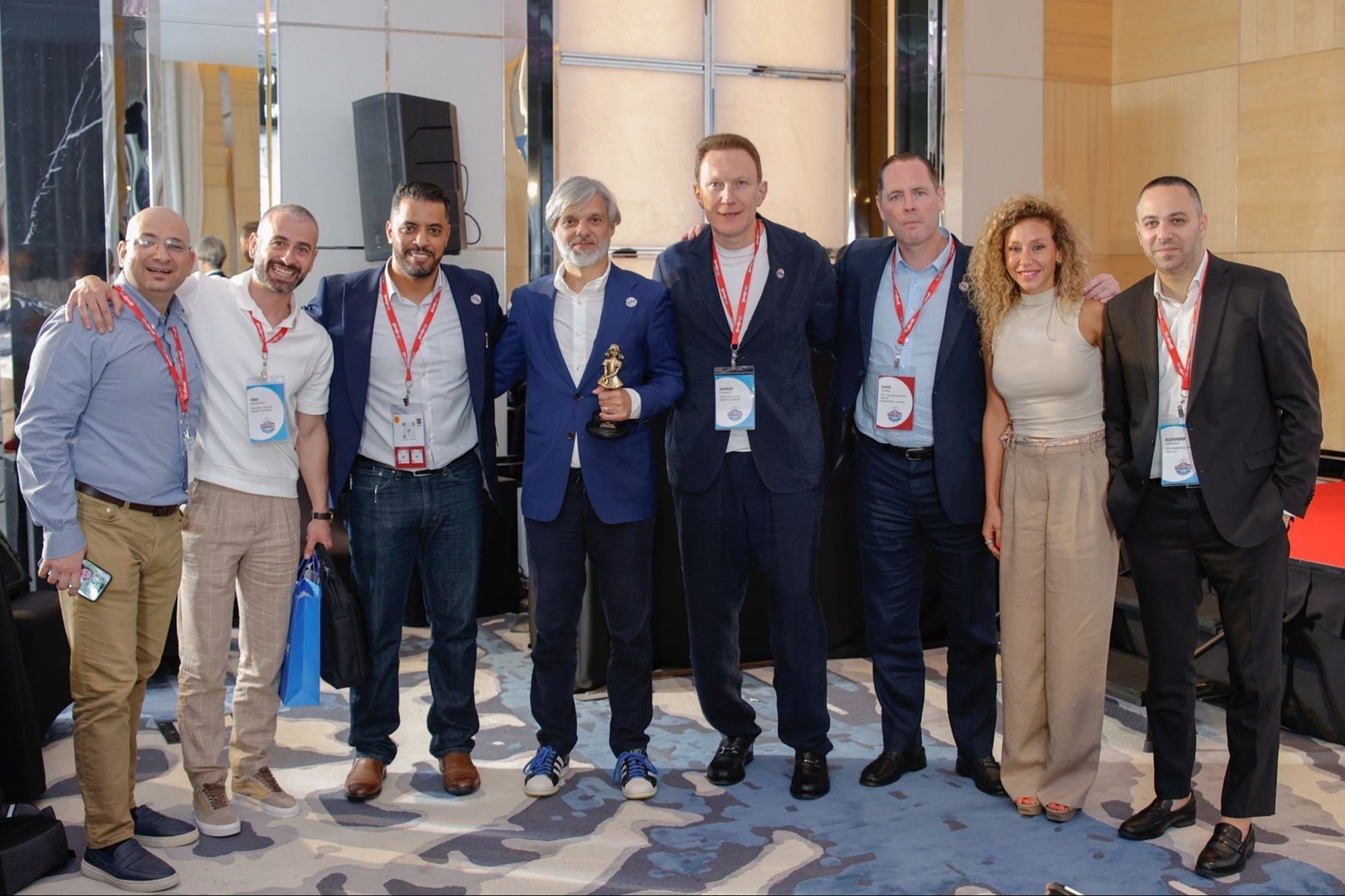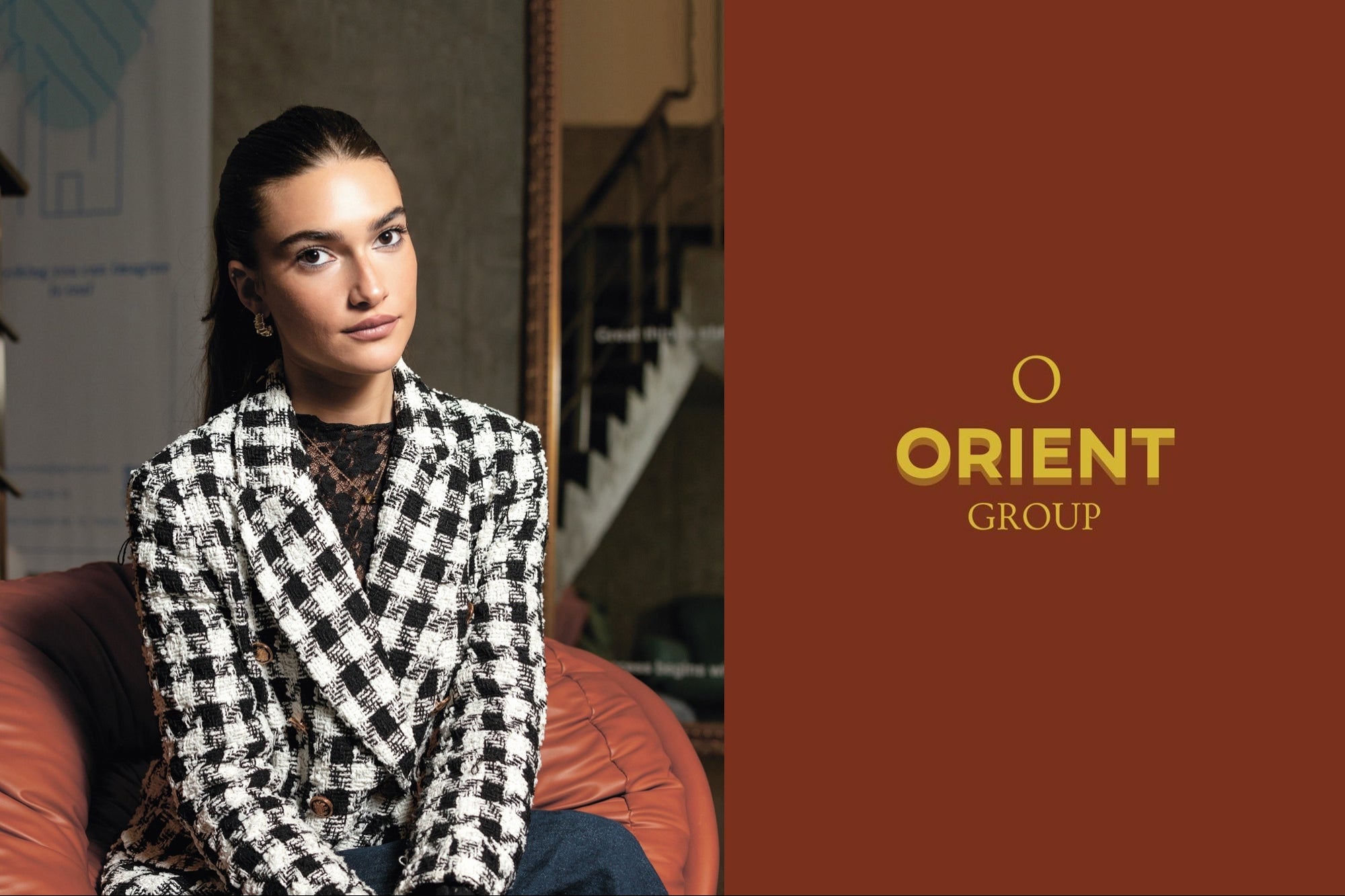Luxury is loud. Here's why it will only get louder - Opinion
Opinions expressed by Entrepreneur contributors are their own.
You're reading Entrepreneur Georgia, an international franchise of Entrepreneur Media.

It's all over the news – Louis Vuitton Moet Hennessy (LVMH) hit the 500-billion-dollar mark and is the first European company to reach that market valuation. The question is, how did a luxury conglomerate manage to achieve such a milestone within such a dire political environment, amid soaring inflation, and surrounded by general uncertainty?

It seems that one thing is certain: luxury is going strong. "What do all small brands dream of? Growing big enough to be bought by Mr. Arnault!" goes the insider joke. It is the perception that exists of a big player in the industry: that, because of the scale of those luxury companies and the resources open to them, nothing is off the table.
Luxury is everywhere now - it has made its way onto TV Shows, with Netflix's popular "Succession," which everyone is watching; into sports with the Adidas and Gucci collaboration; and into hospitality, with high luxury brands opening hotels and resorts around the globe. One could not avoid it now even if one wanted to.
For the past two years, luxury has been loud. The figures for most luxury brands stumbled a little during the Covid-19 pandemic - just over 80% of the top 100 luxury brands reported lower sales in FY2020, mainly due to pandemic-induced changes in consumer behavior, enforced store closures, and travel bans as per Deloitte's yearly luxury industry report.

But since then, most luxury goods sectors have been showing signs of recovery, and predict the annual growth rate to be 6% to 8% up until 2025. A phrase that became popular after the lockdowns is "revenge spending" (Revenge Spending, 2021), which describes the fact that people who spent time in isolation had an urge to spend money and treat themselves to something more than just the bare necessities, seeing them going out and buying luxury cars, art, and personal goods.
More robust and agile than ever, luxury brands, mainly personal luxury goods, will earn double the figures that they earned before the pandemic. One of the main focuses is on attracting the younger generation – Many brands are launching various partnerships, like Adidas and Prada, to reach out to Gen Z through different mediums such as the gaming industry, NFT, and influencers. Second is China – investors anticipate that around 50% of the luxury consumption in 2025 will be made in China, meaning that Chinese consumers will choose to shop locally, so advertising and a brand presence should be established in Chinese shopping districts and on Chinese online channels.

They also might prefer traditional ways of shopping for luxury items, but novices who were introduced to luxury recently prefer to buy items that show the brand representation vividly, with logos on the clothing, a famous print or shapes, whereas more experienced customers prefer to be more discrete in their choice of luxury items. The best example might be the Japanese, who traditionally bought Kimono robes that had embroidery on the inside of the robe, not visible to others.
So why, with luxury being so ubiquitous, does the actual definition of luxury or the essence of it change? Erwan Rambourg describes luxury in his book 'Future Lux' being "no mere indulgence, but a core priority that serves profound needs and desires" (Erwan Rambourg, 2020). Luxury is about belonging, culture, and meaning. The author firmly believes that financial position does not determine how much a person buys luxury items, but purely the sense of belonging. The psychological burden of looking wealthy rather than just being wealthy and enjoying inclusion in a specific class is relatively high.

The research paper on the Psychology of Luxury Consumption defies the old, more simplistic philosophy of luxury consumption and suggests that contemporary behavior is more complex. The biological driver taps into the origins of human and animal biology and the testosterone hormones that are responsible for the need for status in those species. This has translated in our current world into an increased desire for luxury items. Luxury consumerism became a source of redemption for status-seeking individuals on a biological level.
Socio-psychological factors also seem to play a role in the consumption of luxury items. As societies are divided by social and economic factors, the importance of differentiating their position from the rest of the community by consuming luxury items has become more common. The reasons could be that owning luxury items became a sort of unspoken language, where people owning luxury items feel their uniqueness, instantly associate themselves with a specific bunch, and get a spot in the social hierarchy.

The core notion is the reasons behind luxury consumerism – luxury item consumption used solely as a ladder to the higher ranks of society might be detrimental to mental well-being, and if luxury items are consumed as a part of the lifestyle the person is already having, it might have a positive effect and lead to an even higher quality of life. People with enough wealth to afford luxury items will reward themselves with high-quality goods.
Interestingly enough, customer behavior seems to dictate the trends. The need for efficiency, transparency, low cost, and a sustainable future has made industries rethink their current business models and innovate, improving their processes and products.

The views and perceptions of the luxury brand image are so strong in luxury brands that no logical explanation is required to justify the purchase. That is why the purchase of the items does exactly what buyers expect, and the influence on the luxury sector has been tremendous in the past decade. More changes are yet to come, with predictions that the future of luxury is looking nice, bright, and even louder.










